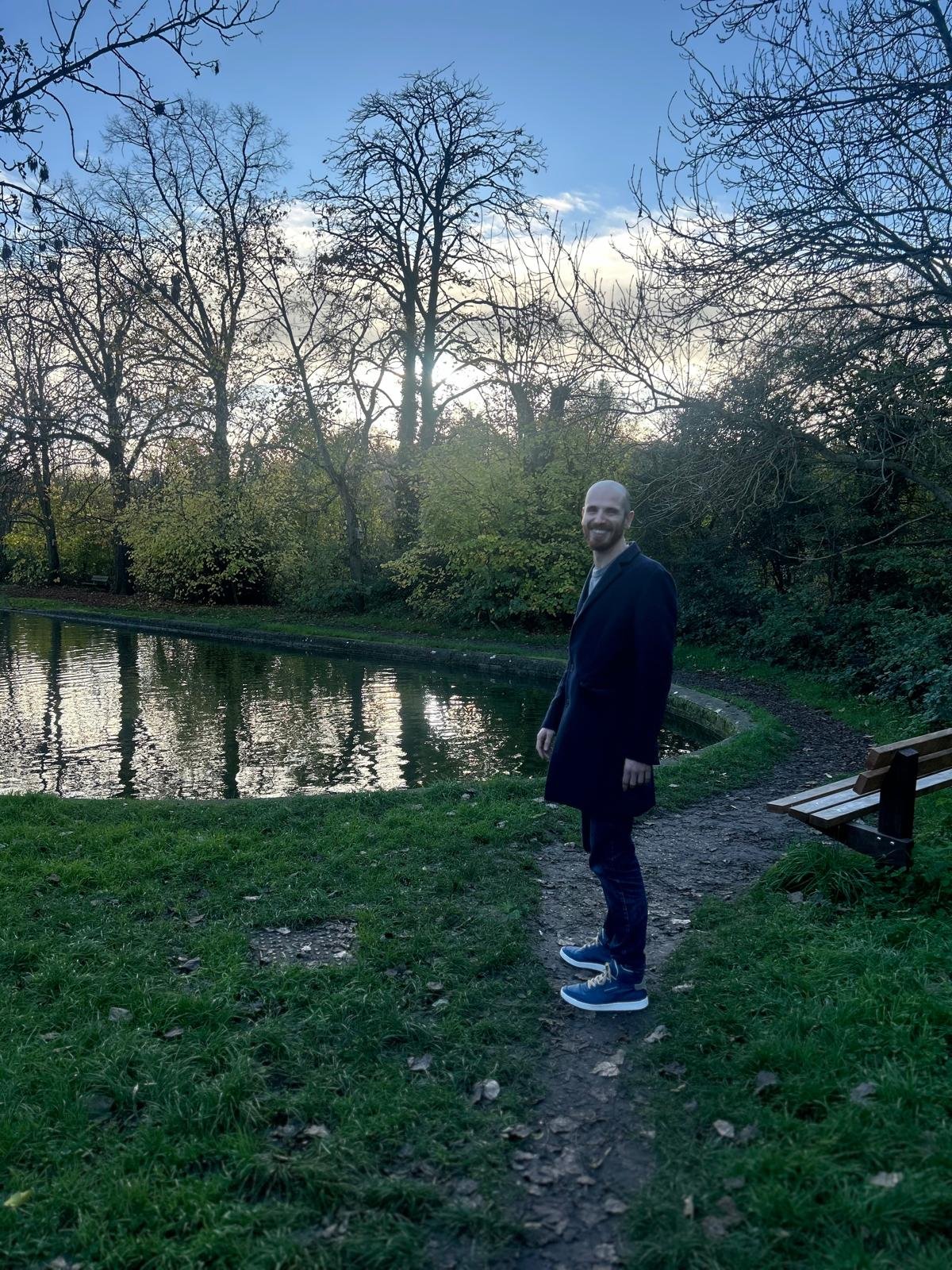About Mind Growth
The fundamental idea of growth mindset thinking is that ability and intelligence are not innate or fixed, they can be cultivated with practice and effort. Growth mindset thinking popularised by Carol Dwek has become a popular and valuable tool for many teachers and parents in recent years. Dwek’s research has shown that students who adopt an attitude that embraces challenges, view effort as part of the learning proces and see mistakes adversity as opportunities do better in academic performance. There is also growing research to show the benefits of using growth mindset thinking to benefit mental health and well being, helping learners to become more resilient and adopt a stronger sense of self esteem.
In many classrooms growth mindset thinking is introduced but there isn’t the time or resources to go deeper into different aspects of the theory. Mind Growth aims to support schools in giving students an opportunity to learn more and explore some of the main concepts. Mind Growth workshops won’t provide a quick fix but they will aim to give time and resources to deepen an understanding of some the key ideas.
Students that have attended the workshops have reported about the confidence that they have gained about making mistakes and facing adversity. Engagement and enthusiasm have also shown to be high when using role play to learn about concepts such as neuroplasticity and the recognising the fixed/growth mindset spectrum.
About the founder
My journey as a learner and teacher has made it my mission to help give children the tools to develop their self belief to help realise their potential. As a primary school teacher with over five years’ of classroom experience, I have made the growth mindset a foundational tool in my teaching practice.
When I was a child and young adult in school, I had a predominantly fixed mindset when it came to learning, and I didn’t have the tools to be able to recognise it. I used to see ability as being derived from ‘natural’ talent and didn’t fully understand the process of practice and learning from mistakes. When it came to setbacks, I was especially negative, not seeing them as opportunities to learn from and would judge myself harshly.
The shift from a fixed to a growth mindset began at university, gaining a first class degree in philosophy and politics and gradually opening my horizons to learn a range of disciplines. Reading Carol Dwek’s book ‘Mindset’ was an ‘aha’ moment, enabling me to reflect on my experiences as a learner at school and realising the way in which my learning attitude affected my study habits.
The journey of adopting a growth mindset is a continuous one and not a binary process. Realising that the growth/fixed mindset exists on a continuum has also given me more insight into understanding that there be situations where I feel more fixed than growth.A continual quest for knowledge and the learning of new skills like speaking foreign languages and playing musical instruments gives me daily opportunities to reinforce growth mindset thinking.


